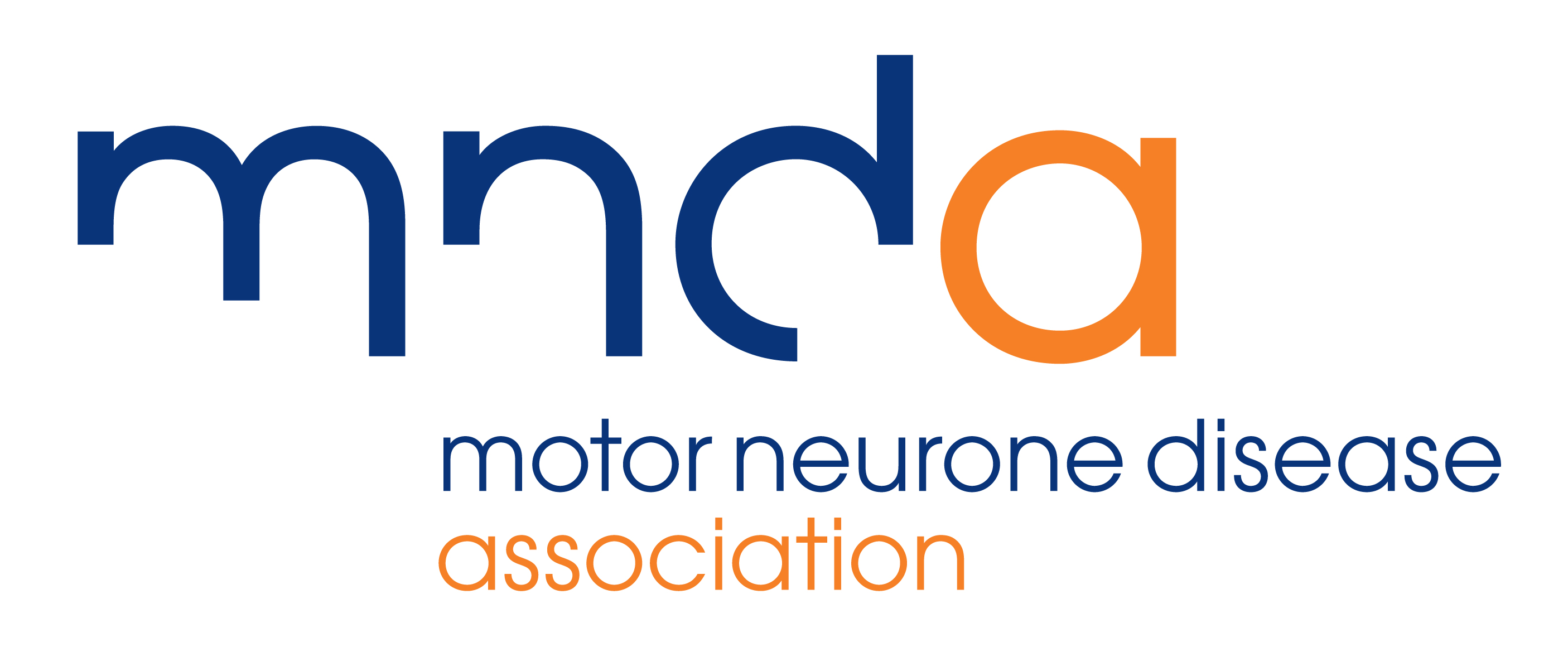
Motor neurone disease (MND) is neurodegenerative condition, which in the majority of cases is thought to be caused by a mix of genetic and environmental factors. However, it is estimated that around 20% of people have an inherited form of the disease. Scientists have discovered multiple genetic variants linked to inherited MND, although in some families the genetic variant responsible has not been identified to date. Knowing there is inherited MND in the family creates new decisions and uncertainties for family members, including whether to have genetic testing (both for people living with MND and pre-symptomatic testing for family members where a gene variant has been identified in a close relative); how to tell other family members (or not); and options around having children, including genetic testing before or during pregnancy.
Families with inherited forms of MND have come together in the FaTHoM group, to hear about the latest research and support each other. FaTHoM is supported by the MND Association. FaTHoM members tell us they would like to know more about how other families face these issues, and find ways to share in-depth experiences to learn from each other. Given the rarity of inherited forms of MND, often there is no-one else who lives near them, so while face-to-face support groups may be useful for some aspects of living with the condition, people may have particular information and emotional support needs which are less easily met face-to-face.
As part of a funded PhD study at the University of Aberdeen, we have carried out interviews with families affected by inherited MND. The support of a new award from the Motor Neurone Disease Association means these interviews have been collected in collaboration with the Health Experiences Research Group, University of Oxford, and their partner the DIPEx Charity, which has enabled us to use the interviews to develop a new resource on the website Healthtalk.org. Healthtalk is one of the few sources of evidence of patient experience recommended by NHS guidelines developers. The result is a detailed and lasting resource for families, available twenty-four hours a day and based on rigorous qualitative social science research. This complements the existing Healthtalk section on general experiences of MND, funded by the MND Association in 2008-9. This remains consistently one of the top two most used sections of Healthtalk, often getting over 10,000 visits per month. At the time, much less was known about genetic variants linked to MND, so only three people with inherited forms of the condition were interviewed. Creating a new section of Healthtalk contributes to an urgent and growing need, and will be available to support future patients and families as well as those currently affected. The web resource on inherited MND was published in June 2022 and is available at: https://hexi.ox.ac.uk/Familial-MND/overview
We are delighted to acknowledge the support of the Motor Neurone Disease Association (Ref: Locock/Sept19/941-794) and the collaboration of our co-investigators Prof Sue Ziebland and Prof Martin Turner at the University of Oxford, and Adam Barnett from the DIPEx Charity.
Contacts
- Louise Locock; louise.locock@abdn.ac.uk
Status
CompletedPublications
Howard, J, Forrest Keenan, K, Mazanderani, F, Turner, MR & Locock, L 2024, 'Experiences of predictive genetic testing in inherited motor neuron disease: Findings from a qualitative interview study', Journal of genetic counseling. https://doi.org/10.1002/jgc4.1904
Howard, J, Mazanderani , F, Keenan, K, Turner, MR & Locock, L 2024, 'Fluctuating salience in those living with genetic risk of motor neuron disease: a qualitative interview study. ', Health Expectations, vol. 27, no. 2, e14024. https://doi.org/10.1111/hex.14024
Howard J, Mazanderani F & Locock L (2021) Life ‘on high alert’: how do people with a family history of motor neurone disease make sense of genetic risk? insights from an online forum, Health, Risk & Society, 23:5-6, 179-195, DOI: 10.1080/13698575.2021.1946488
